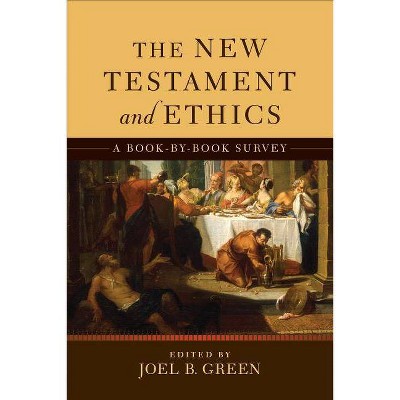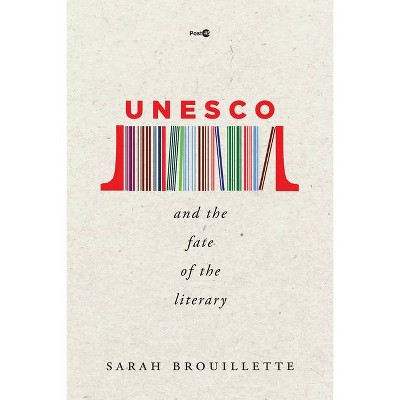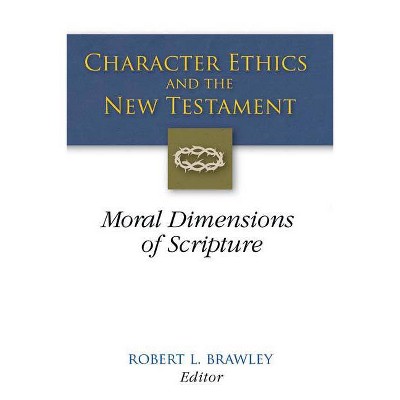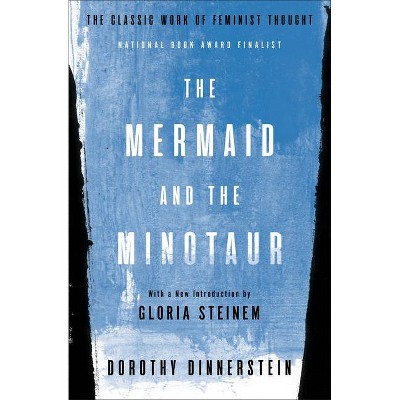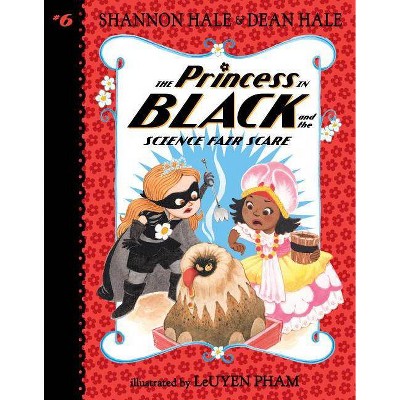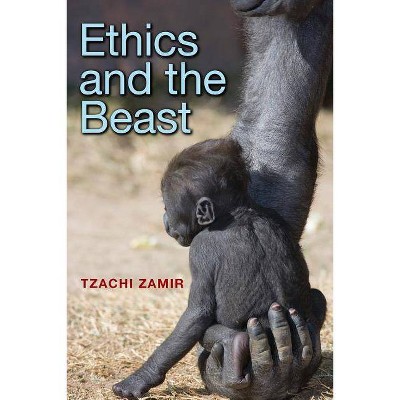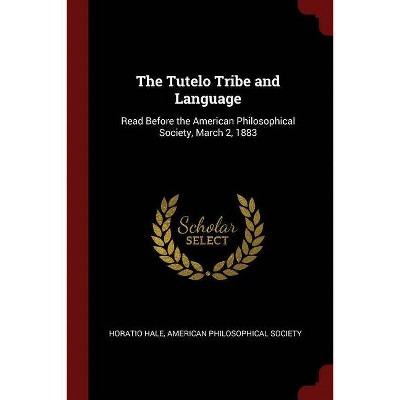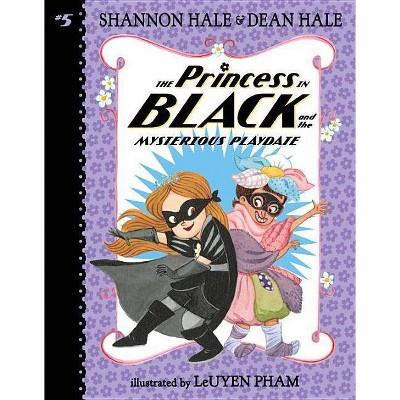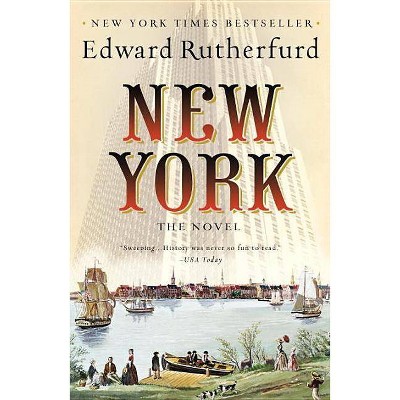The Novel and the New Ethics - (Post*45) by Dorothy J Hale (Paperback)
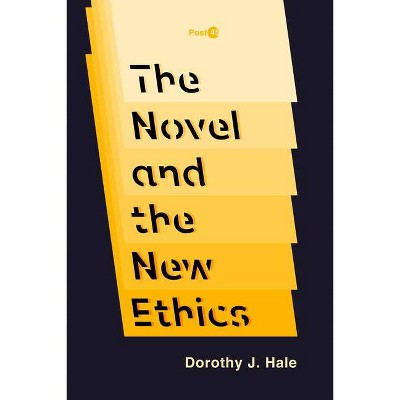
Similar Products
Products of same category from the store
AllProduct info
<p/><br></br><p><b> About the Book </b></p></br></br>"Novels can be and have been experienced as having particular ethical force and impact. But the changing cultural status of literature in the twentieth, and now twenty-first, century means that novels are judged as ethical less by their effectiveness in promoting political reform (as, say, many nineteenth-century novels aimed to do) and more through the private experience of otherness that they are felt to offer. The Novel and the New Ethics enters into ongoing conversations about the positive social value of literature and literary study. Author Dorothy Hale gathers these numerous arguments under the rubric the New Ethics, then shows that the New Ethical definition of literature is equated with one literary genre in particular-the novel. She thereby offers a motivation for the theory of novelistic aesthetics that her work puts forward through its literary history of the twentieth-century novel and analysis of key examples of novelistic practice. Hale labels the aesthetic effect of the Anglo-American novel she identifies "the aesthetics of alterity," and she argues that it is precisely this aesthetic that attracted New Ethical critics, such as J. Hillis Miller, Anthony Appiah, Judith Butler, Gayatri Spivak, and Derek Attridge, to the novel in the first place. The literary history offered here shows how willing contemporary novelists and theorists are to answer in the affirmative the question of the novel's ethicality, and it shows how much their proof for this claim depends not on empirical evidence, social investigation, or scientific study but rather on an appeal to a particular conception of novel reading"--<p/><br></br><p><b> Book Synopsis </b></p></br></br><p>For a generation of contemporary Anglo-American novelists, the question "Why write?" has been answered with a renewed will to believe in the ethical value of literature. Dissatisfied with postmodernist parody and pastiche, a broad array of novelist-critics-including J.M. Coetzee, Toni Morrison, Zadie Smith, Gish Jen, Ian McEwan, and Jonathan Franzen-champion the novel as the literary genre most qualified to illuminate individual ethical action and decision-making within complex and diverse social worlds. Key to this contemporary vision of the novel's ethical power is the task of knowing and being responsible to people different from oneself, and so thoroughly have contemporary novelists devoted themselves to the ethics of otherness, that this ethics frequently sets the terms for plot, characterization, and theme. </p> <p>In <i>The Novel and the New Ethics</i>, literary critic Dorothy J. Hale investigates how the contemporary emphasis on literature's social relevance sparks a new ethical description of the novel's social value that is in fact rooted in the modernist notion of narrative form. This "new" ethics of the contemporary moment has its origin in the "new" idea of novelistic form that Henry James inaugurated and which was consolidated through the modernist narrative experiments and was developed over the course of the twentieth century. In Hale's reading, the art of the novel becomes defined with increasing explicitness as an aesthetics of alterity made visible as a formalist ethics. In fact, it is this commitment to otherness as a narrative act which has conferred on the genre an artistic intensity and richness that extends to the novel's every word.</p><p/><br></br><p><b> Review Quotes </b></p></br></br><br>In her critique of the new ethical theories raised - some of which have already achieved high degrees of notoriety in academic circles - Hale is indeed very incisive... [The] major takeaway from <i>The Novel and the New Ethics</i> is how Hale powerfully identifies a tradition of Anglo-American novelists who believe that novelistic aesthetics necessitates an ethical engagement with the other.--Manuel J. Sousa Oliveira "<i>Cadernos de Literatura Comparada</i>"<br><br><i>The Novel and the New Ethics</i> will be of interest to anyone working in literature, from the nineteenth century to contemporary fiction. But moral philosophers and those interested in the ethical character--or potential--of literature should also find much to enlighten them. Dorothy Hale's approach is undogmatic, her prose sprightly and clear, her judgments fair but shrewd--and, most important, they are not just asserted, but justified.--Maria DiBattista "Princeton University"<br><br>This is an astute and probing analysis of the patterns of thought that shape literary studies. Surveying the perspectives of both critics and novelists, Dorothy Hale offers a comprehensive anatomy of the belief that literature offers its readers an exemplary encounter with otherness. A must-read for anyone who is interested in the ethics or politics of literature.--Rita Felski "University of Virginia"<br><p/><br></br><p><b> About the Author </b></p></br></br><b>Dorothy J. Hale</b> is Professor of English at the University of California, Berkeley. She is the author of <i>Social Formalism: The Novel in Theory from Henry James to the Present</i> (Stanford, 1998), which received the George and Barbara Perkins Prize from the Society for the Study of Narrative, and the editor of <i>The Novel: An Anthology of Criticism and Theory, 1900-2000</i> (2006).
Price History
Cheapest price in the interval: 30.49 on October 22, 2021
Most expensive price in the interval: 30.49 on November 8, 2021
Price Archive shows prices from various stores, lets you see history and find the cheapest. There is no actual sale on the website. For all support, inquiry and suggestion messagescommunication@pricearchive.us
